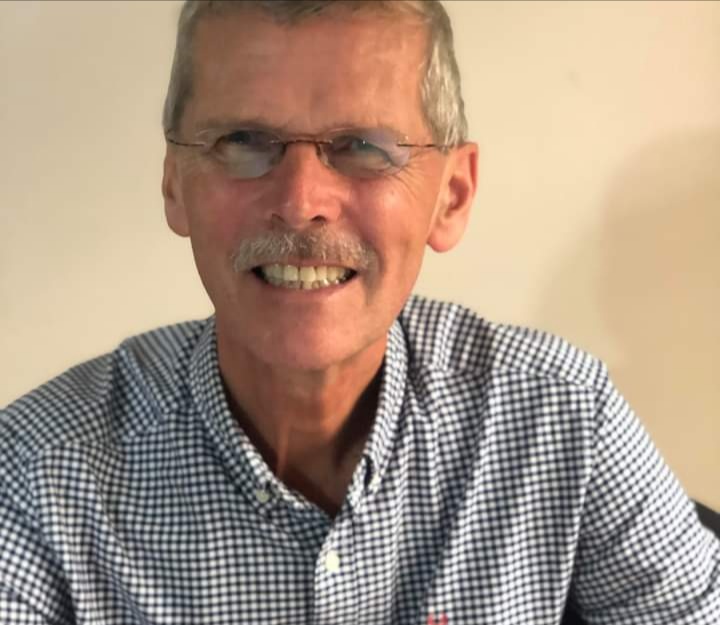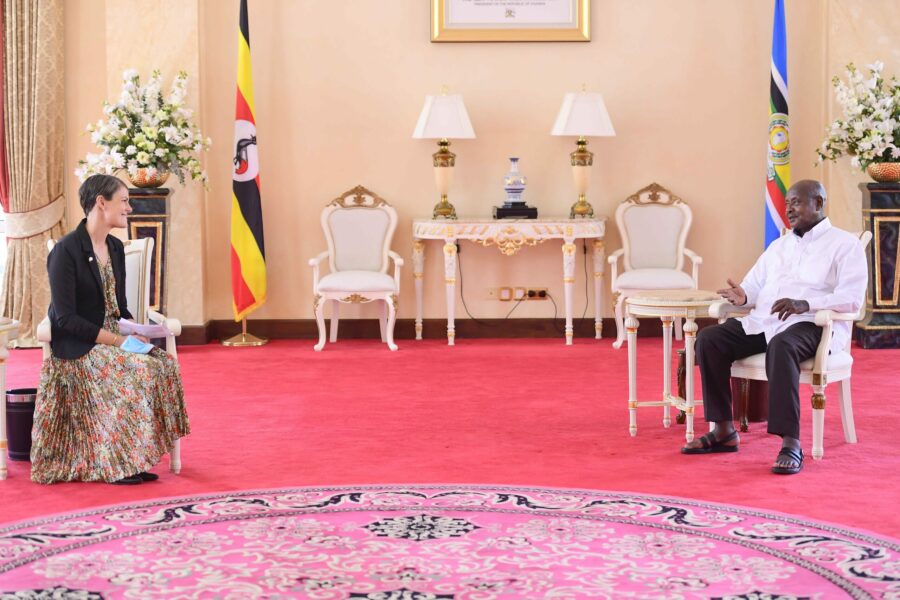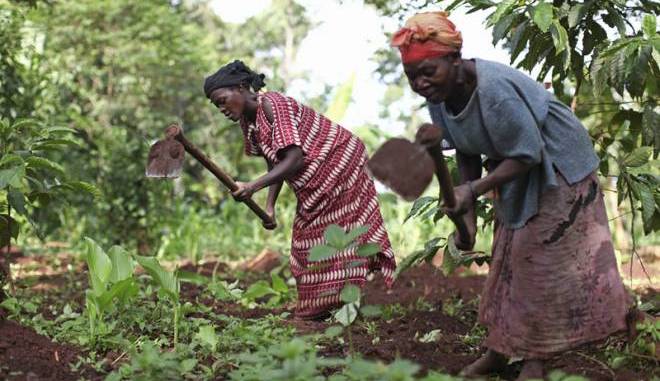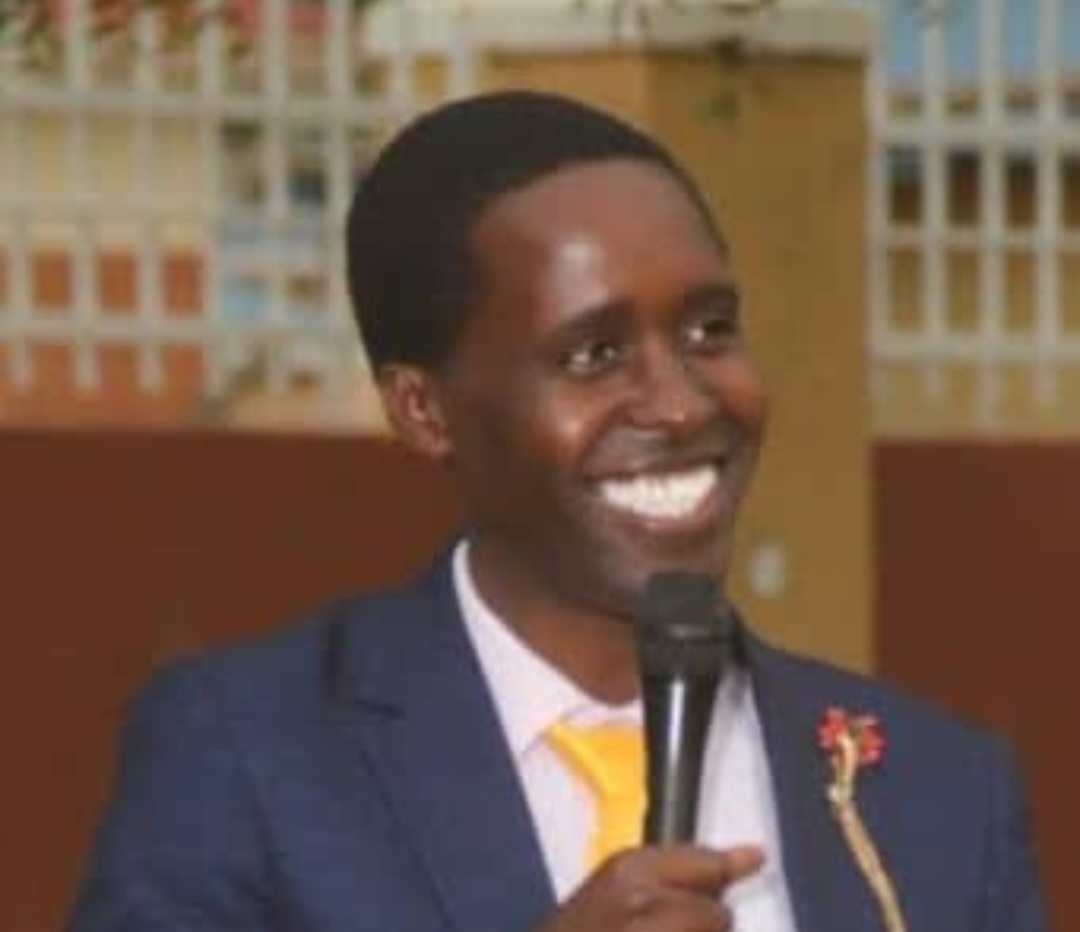We are all aware of the recent advances in the fields of computing and artificial intelligence, but science has also been rapidly advancing, especially in the field of bioengineering. For example, some of the Covid vaccinations were based on technology using mRNA. RNA – ribonucleic acid is used as a messenger by DNA (our genes) to encode enzymes which then build our proteins. The genetic code is held in the DNA – the famous double helix which uses base pairs in various combinations to write our genetic code – in the same way as computer code uses zeros and ones to write computer code.
As we drill into a basic science subject such as biology there are various sub-divisions within it such as microbiology, molecular biology, structural biology, genetics and biochemistry. As scientists collaborated together in these various disciplines they began to learn more about how life encodes messages and then discovered that we can use pieces of RNA developed by bacteria to recognise and fight off attacks from viruses. When the Covid pandemic struck, scientists were able to use this information to develop a vaccine, which was no easy task given that the corona virus continually mutates into different variants. At that time Africa was left begging for vaccines because we had not developed any research in basic science that we could build on in the development of new vaccines. Since then, some African countries have taken the initiative to start the development of their own vaccine programs, but this is likely to be a long journey because we are coming from behind. In Uganda the President has recently emphasized the importance of science and decided to pay scientists more highly. If this attracts more young people into this profession it will be welcome because we need to build our capacity from the bottom up.
Scientific advancement is no longer the purview of the lone genius who has a eureka moment, it is advanced incrementally by teams of scientists collaborating, publishing their results and then building on each other’s work, with each new piece of knowledge being meticulously tested. It is the teaching of good science methodology in the classroom that develops young minds to have an interest and a passion for the subject, but we have not emphasized the sciences in Uganda. Why do we have so many young people studying to be lawyers and so few students studying science or choosing a career in research? It is because we see lawyers as the top tier of society, while we have not promoted the sciences. While I am not disparaging lawyers, we have too many lawyers and not enough doctors, or bright young minds working in science, technology and engineering. We have very few role models in the field of pure science research, and although we have good collaborations with western institutions in clinical medical research (e.g. the field of HIV) we are lacking in the fields of lab science, such as molecular biology, structural biology and biochemistry.
Some years ago governments in several western countries, including the USA, took the decision that they would fund universities to set up pure science research laboratories. Pure science research does not usually have any immediate practical applications, but provides the foundation without which we could not develop any applications. Research papers are published in peer reviewed journals and conferences held to discuss advances that have taken place. So understanding of the subject is built slowly step by step until it can be applied to a particular problem – such as a vaccine against Covid. All of this can take years of detailed work and collaborations. African scientists can contribute to this process as they have already done in the field of HIV, but they cannot go it alone because our resources are too small, and the work to be done is too vast.
But we can start by funding science labs in schools, developing science fairs in which kids can enter competitions, and inculcate a passion for discovery, by having good science teachers as role models. But it will take a long time, because we have to build from the ground up.
Do you have a story in your community or an opinion to share with us: Email us at Submit an Article








